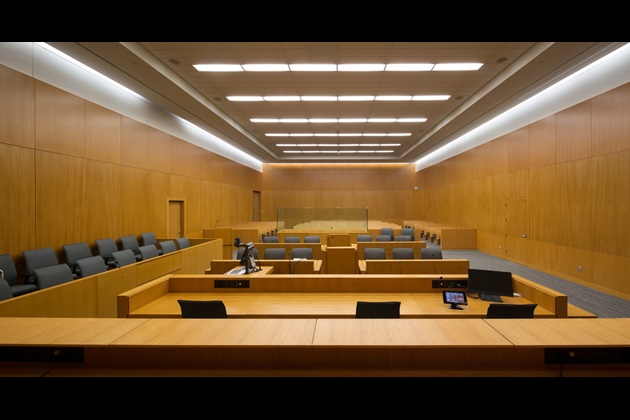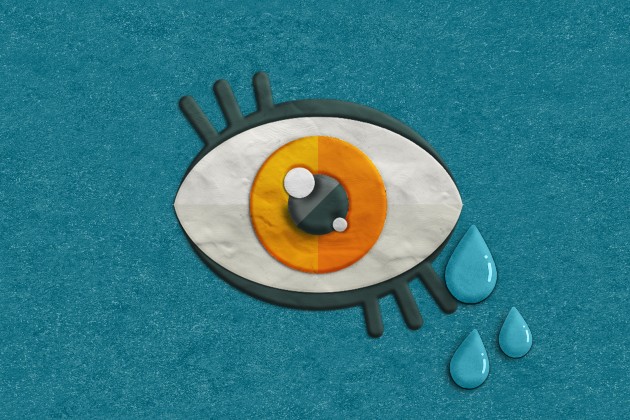Many members will be asked to give evidence at an inquest during their nursing career. We explain the process and how the RCN is here to support you
In England, Northern Ireland and Wales, coroner’s inquests take place when someone dies of unnatural, unknown or violent causes, or in custody or state detention. In Scotland, the equivalent process is a fatal accident inquiry (FAI) held in front of a sheriff. Although it can be daunting, it’s common for nursing staff to be called to give evidence at inquests and FAIs, especially if the person died while receiving care.
The job of the coroner or sheriff is to determine how, where and when the person died. It’s not their job to assign blame and unlike in regulatory or criminal processes, they don’t have the ability to sanction people, although they can make recommendations if they think further investigations should take place.
You shouldn’t feel scared. They're looking to you for assistance and may also need your professional advice or seek your opinion on a clinical issue.
Why will I be asked to give evidence?
You could be called as a witness if you were on shift when the person died. If you were directly involved in their care, you may be called as an “interested person”. If it’s the latter there is a possibility that you may be criticised for the care you’ve provided, although this isn’t always the case. Either way, you’ll be given support and legal representation by your employer or the RCN and you won’t be expected to go through the process alone.
How will I find out and what should I do?
You’ll usually find out that you’ve been asked to give evidence through your employer. Your employer will also tell you if you’re a witness or an “interested person”, although this status could change depending on the information and evidence provided.
You should contact RCN Direct as soon as you find out so we can see what support you might need. Often, you’ll be supported or represented by your employer and, if this is the case, then you probably won’t need further RCN support. However, it’s still a good idea to have a conversation with our advisers at the start of the inquest process so they can offer you advice and check you have the support you need.
You should contact RCN Direct as soon as you find out so we can see what support you might need
What happens next and how should I prepare?
In some cases, you may just be asked to write an informal statement about what happened and your involvement. If the coroner calls you as a formal witness or an “interested person”, you’ll need to provide a more formal witness statement and you may need to answer questions from the coroner or in front of the sheriff when the hearing takes place.
Try to think about any direct or indirect involvement you may have had with the patient and if there are any important patient notes or any other written records that may be relevant. You don’t have to remember everything. Focus on the facts and if there are things you don’t have knowledge about or don’t remember, just say so.
What happens if I’m not given support by my employer?
If you’re a witness, you may be referred to the RCN’s statement checking team for support. If you’re an “interested person”, you’ll be referred to the RCN’s legal team and they’ll arrange for you to meet with a barrister. Your barrister will support you throughout the process; they’ll accompany you to the hearing and speak to you beforehand to go through your statement and the evidence available.
Focus on the facts and if there are things you don’t remember, just say so
Why wouldn’t my employer support me?
More often than not, employers do provide legal representation for their staff at inquests, but in certain circumstances this might not happen. For example, if there’s a conflict of interest between you and the other staff involved in the patient’s care, it would be hard for the employer to represent you both.
What will happen at an inquest or FAI hearing?
Inquests and FAIs can be difficult because the person’s family is usually present in the courtroom. However, try to remember that you’re there to help the coroner or sheriff find the facts. Inquests are held in public so as well as the person representing you, you can take someone for support if you think it would be helpful.
At the end of the inquest, the coroner or sheriff will read out the final decision with regards to the cause of death. Sometimes a finding may, in explaining the cause of death, make it clear that something was missed or wasn’t done properly. This could lead the NMC or police to take further action and the coroner may also recommend that such investigations should take place. If that happens, and it involves you, the RCN will offer you legal support.
More information
COVID-19: supporting members’ families
Some inquests may look at the circumstances surrounding the death of health care workers who had COVID-19. The RCN wants to help the families of members who have died and we’re looking at how we can offer support during this difficult time, including providing legal support during inquests. If members’ families would like more information, they can contact RCN Direct on 0345 772 6100.








